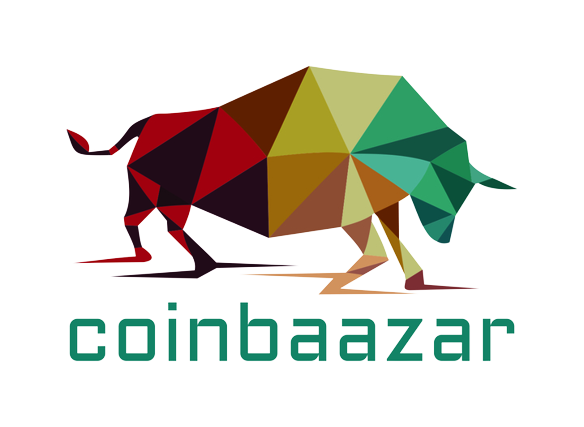Blockchain and deep-tech startup growth in India is now comparable to that of developed economies, according to NASSCOM.
The National Association of Software and Service Companies (NASSCOM), an Indian non-governmental trade association and advocacy group with a focus on technology, has highlighted the rapid growth of “deep-tech” startups. These include, among other fields, startups that rely heavily on technologies such as blockchain, Web 3.0, artificial intelligence (AI), robotics, and the Internet of Things (IoT).
In a report titled “India’s deep-tech startups poised for impact,” published in partnership with consulting firm Zinnov, NASSCOM reported a 53% increase in the sector over the previous decade. In 2021, companies in this industry raised $2.7 billion in venture capital funding and represented 12% of India’s overall startup ecosystem.
The trade association currently estimates that India is home to over 240 blockchain-focused startups and over 150 Web 3.0 startups. Similarly, the deep-tech ecosystem consists of more than 1900 AI startups, 570+ big data and analytics startups, 560+ IoT startups, and approximately 60 startups in cybersecurity, robotics, drones, and 3D printing.
The report noted that the metrics place India’s deep-tech ecosystem on par with those of developed economies such as the United States, China, Israel, and Europe. Debjani Ghosh, the president of NASSCOM, stated in a statement that the ecosystem plays a crucial role in assisting India in achieving its sustainability goals.
“The Indian deep-tech ecosystem has reached maturity.” “These startups have not only defied the odds through extraordinary innovation and exceptional leadership, but they also play a key role in developing solutions for sustainability goals, from smart manufacturing to reliable healthcare,” Ghosh said.
This is due to the fact that they are creating jobs and spawning “second-generation entrepreneurs.” Right now, 14 companies that could become unicorns employ more than 4,000 people, and this number is expected to double by 2026.
India’s adoption of blockchain
The report confirms the findings of other studies, such as those conducted by Indeed and PwC. The last report showed that the number of job postings related to blockchain had grown by a lot. This shows that more employers are looking for people who can help them develop Web3 strategies.
According to PwC, India’s startup industry raised more than $10 billion in venture capital in three consecutive quarters. Nonetheless, this trend has slowed since the second quarter of this year.
In the meantime, the public sector has also investigated blockchain technology adoption. The government of India has also been showing increasing interest in nascent innovation. The CEO of India’s payment rails, NCPI, wants a national blockchain network to be set up.

